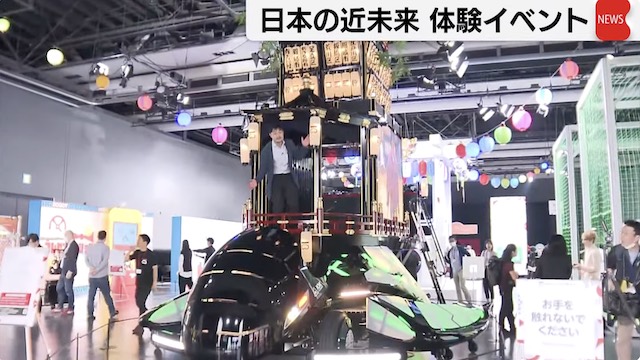Jan 16 (Nikkei) - Japan's winter resorts are on a slippery financial slope as rising COVID-19 infections deter skiers and snowboarders.
The country's fine-quality snows had increasingly lured foreign enthusiasts over the last few years, but last year a historic snow shortage left many resorts under pressure. This season there is plenty of snow -- but the coronavirus outbreak and Japan's subsequent ban on foreign tourists are keeping most visitors away.
Some resorts are falling into bankruptcy, and industry experts suggest operators need to brace for a long winter of heavy price competition.
"Now should be the best season, but the number of visitors is very low," said a representative of a ski resort in the Niseko region of Hokkaido, one of Japan's most popular snow destinations. The resort usually welcomes 80-90% of its guests from abroad, mainly from Hong Kong and Southeast Asian countries such as Singapore, Thailand and Indonesia.
With core customers gone, the resort has been trying to cater to Japanese guests by launching discount lift tickets and altering restaurant menus -- offering less expensive dishes in smaller portions.
So far it has been to little avail. Many Japanese are staying home after a rise in COVID-19 cases, which led the government to issue a state of emergency in Tokyo and nearby areas last week. Seven other prefectures, including Osaka, were added on Wednesday to prevent further spread.
Alarm over the coronavirus caseload had earlier prompted the government to suspend the nationwide Go To Travel campaign, which offers subsidies of up to 50% for domestic holidays, in late December.
"We can't really help it unless the virus subsides," the representative added.
Another resort operator in Niseko said the number of customers more than halved this year from last year and complained of a wave of hotel cancellations after the suspension of the Go To Travel campaign, a signature policy of Prime Minister Yoshihide Suga.
Fine powder snow in Niseko and neighboring areas has attracted foreign investment, initially from Australia but later also from China and other countries, to build condominiums for long stayers from abroad. This lured Park Hyatt, Ritz-Carlton and other fancy hotel brands. The area has experienced Japan's biggest hike in land prices for six consecutive years through 2020, according to the National Tax Agency.










